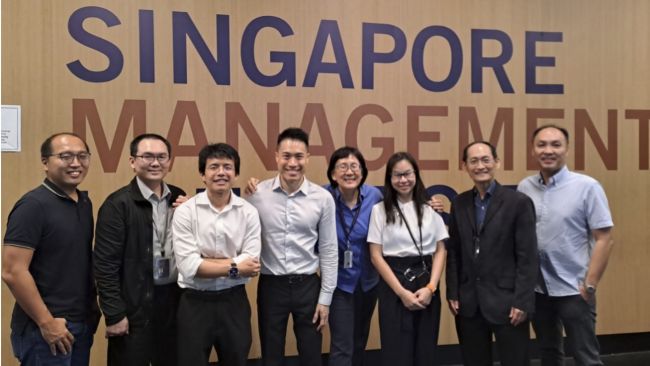
SMU’s Co-Curricular Transcript wins Gold at QS Reimagine Education Awards 2025
Published onSMU’s Co-Curricular Transcript won Gold at QS Reimagine Education Awards 2025, setting a new standard for graduate employability and holistic development. Discover how CCT empowers students.

Research remains integral to our creation of sustainable yet liveable cities. Ideas from research can be informative to policymakers and help to change the way we understand societal issues and navigate problems.
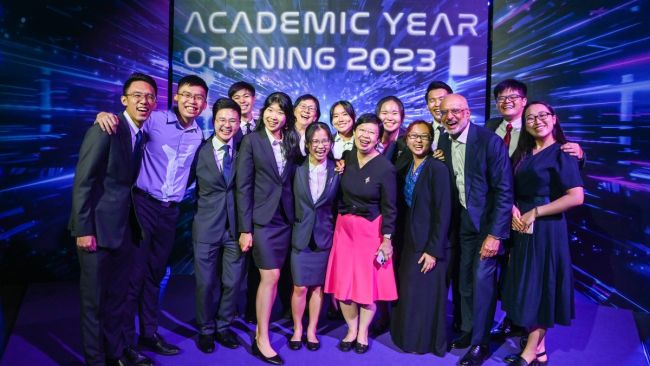
The opening of SMU’s 2023 Academic Year was marked with an exciting freshmen orientation, a mega Co-curricular Activities (CCA) Fair and a special opening celebration dinner. The Opening welcomed the 24th cohort of about 2,500 freshmen, who began their first Academic Year at SMU on Monday 14 August 2023.

Graduation is a celebration of our students’ hard work and achievements – an important period of their lives draws to a close as they stand on the cusp of the next phase of their journey through life. This is why SMU calls this a “commencement”, to signpost it as the beginning of a new journey ahead. Over five days in late July, the 3,737-strong Class of 2023 celebrated the successful completion of their education journey at SMU.

At theThe Chengdu 2021 FISU World University Games (WUG), 12 SMU athletes represented Singapore in badminton and shooting, among other sports. As the Chair of the Singapore University Sports Council (SUSC), SMU liaised international sports organisations and took charge of a whole slew of logistical and administrative matters.

Singapore is often described as a melting pot of cultures – a vibrant brew that gives the country its unique character. With such diversity comes the need for different ethnic groups with their distinct cultures and religious beliefs to understand, respect each other and live together peacefully. The question then is how can Singapore further strengthen respect for differences in beliefs and perspectives and live together.
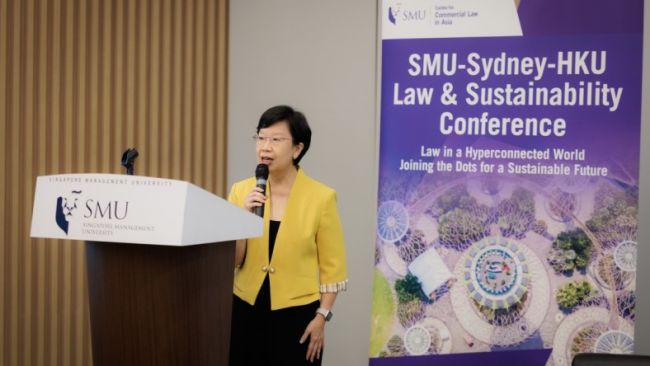
On 13 July 2023, SMU’s Yong Pung How School of Law (YPHSL) announced the formation of the Asia-Pacific Research Alliance on Law and Sustainability alongside the University of Sydney’s (USyd) Sydney Law School, and The University of Hong Kong’s (HKU) Faculty of Law. This research alliance aims to drive law-focused research and teaching initiatives on achieving sustainability in the Asia-Pacific region and is the first of its kind in this region.

While upgrades to mobile games would seem to be a good thing for users, especially in cases where they are included as part of the customer’s licence, there can sometimes be negative repercussions.
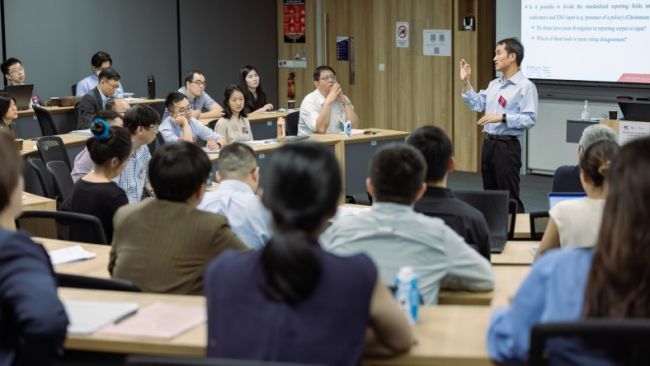
SMU hosts the 2023 MIT Asia Conference in Accounting.
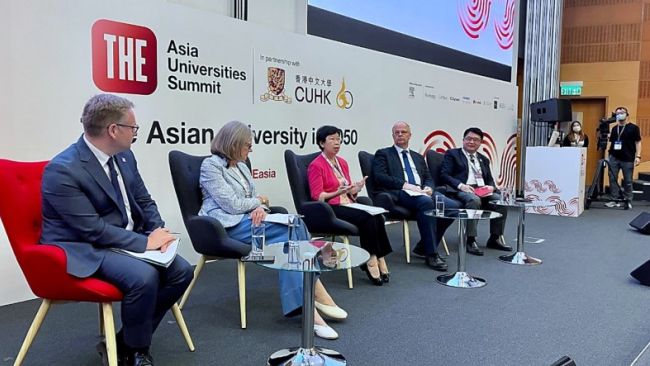
SMU President Professor Lily Kong at the Times Higher Education Asia Universities Summit.
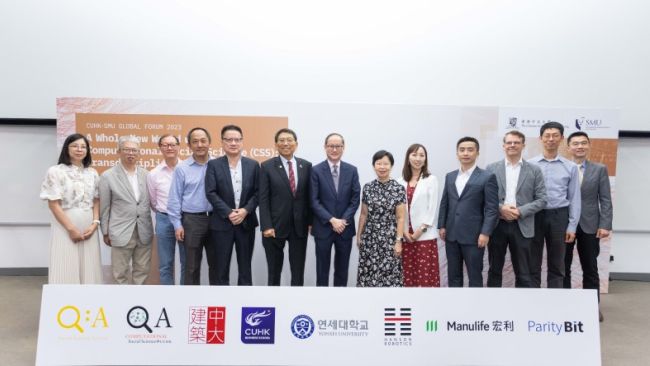
SMU and The Chinese University of Hong Kong host global forum on Computational Social Science.
